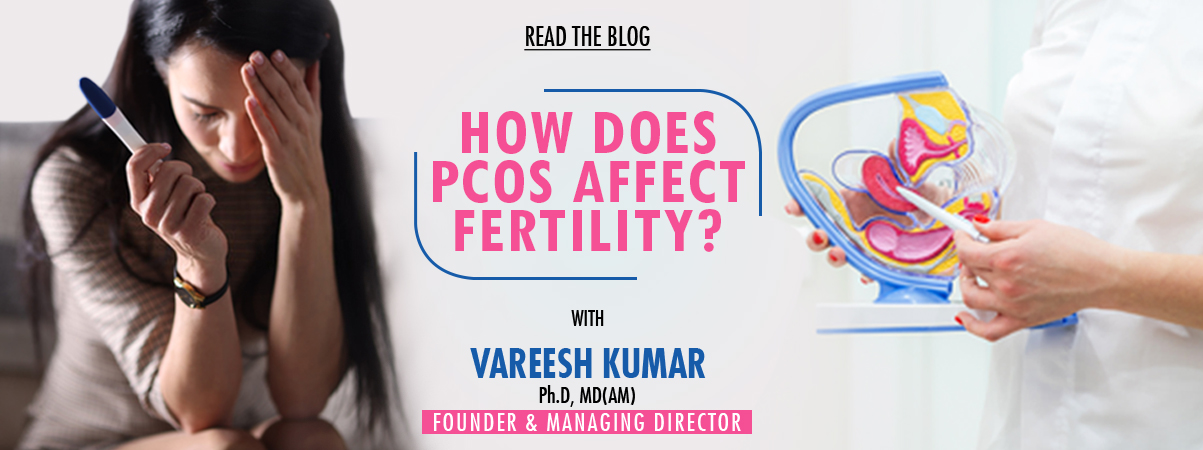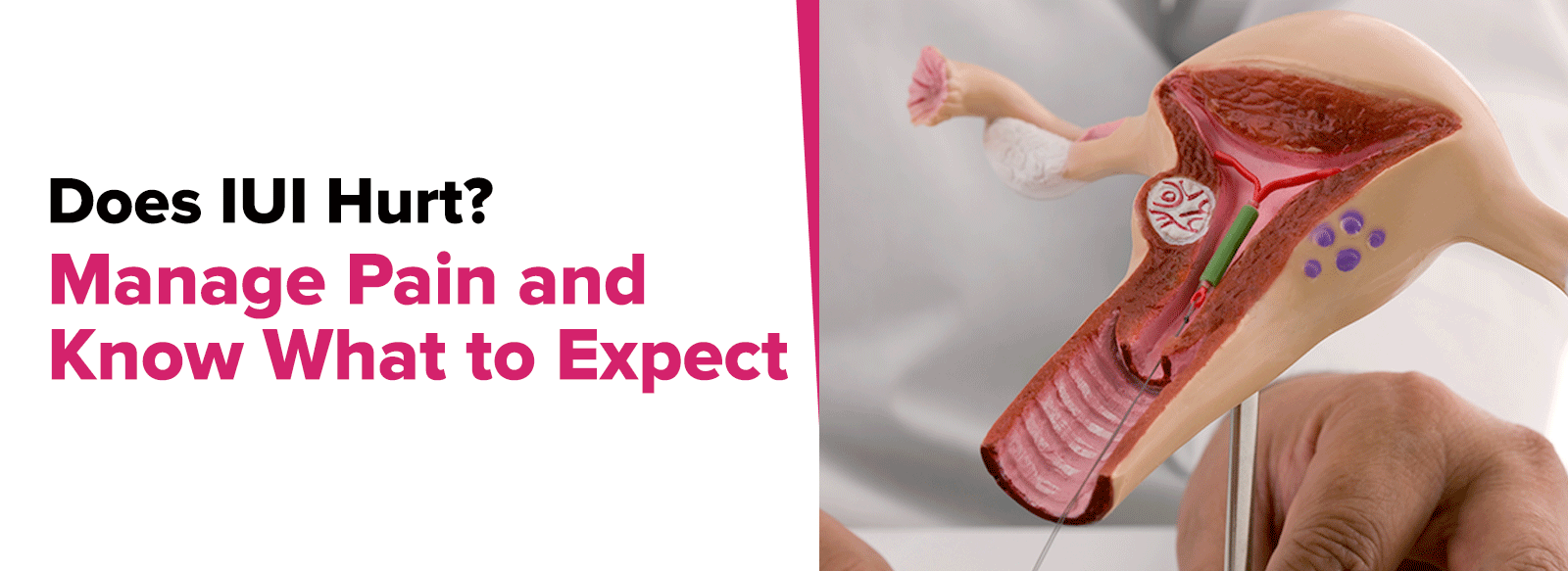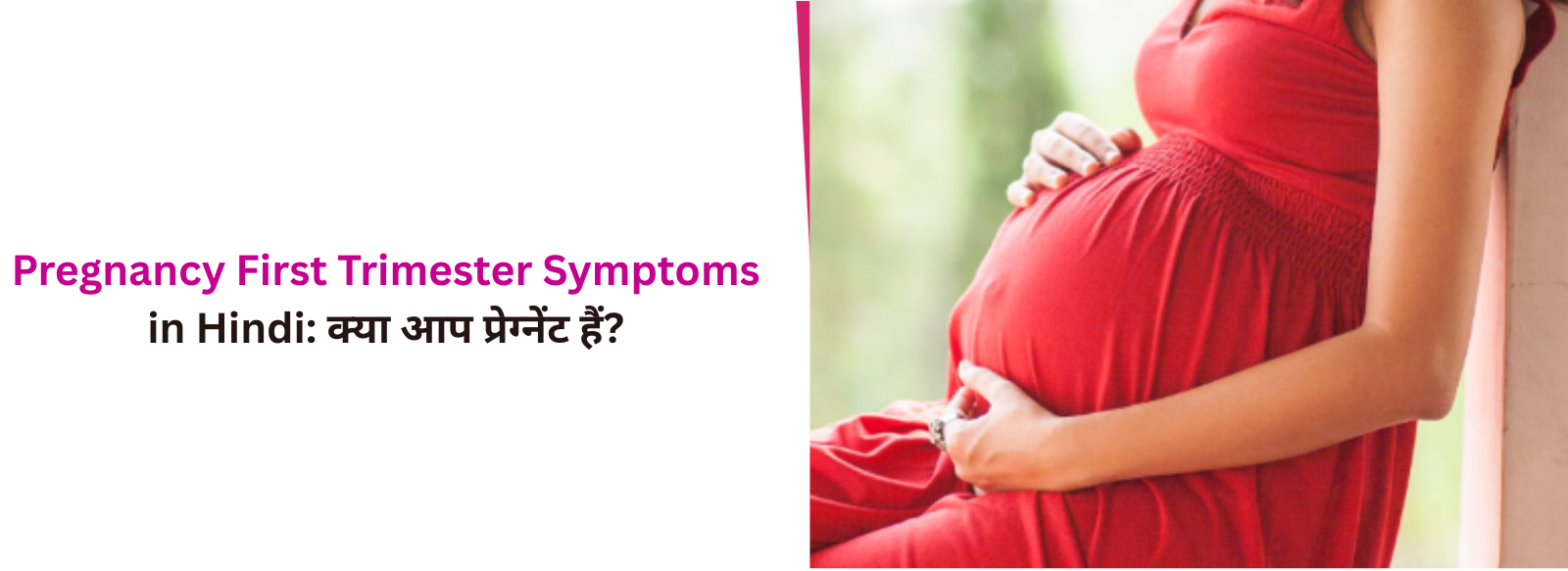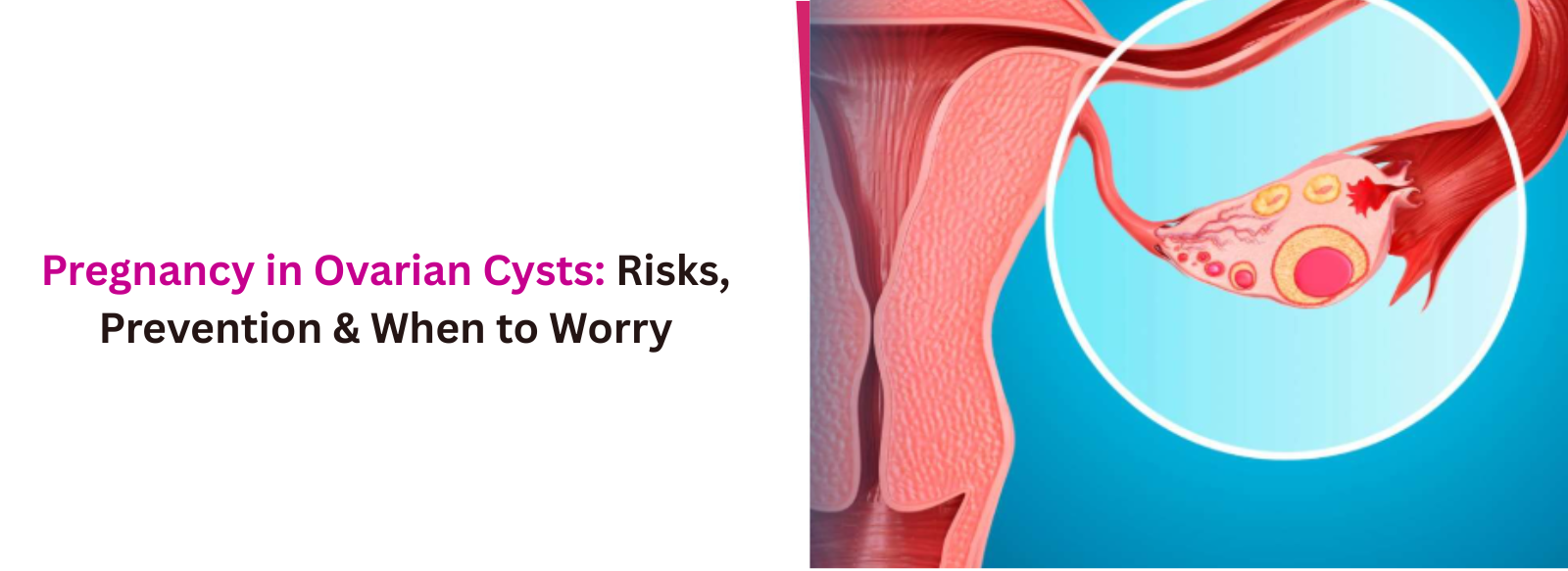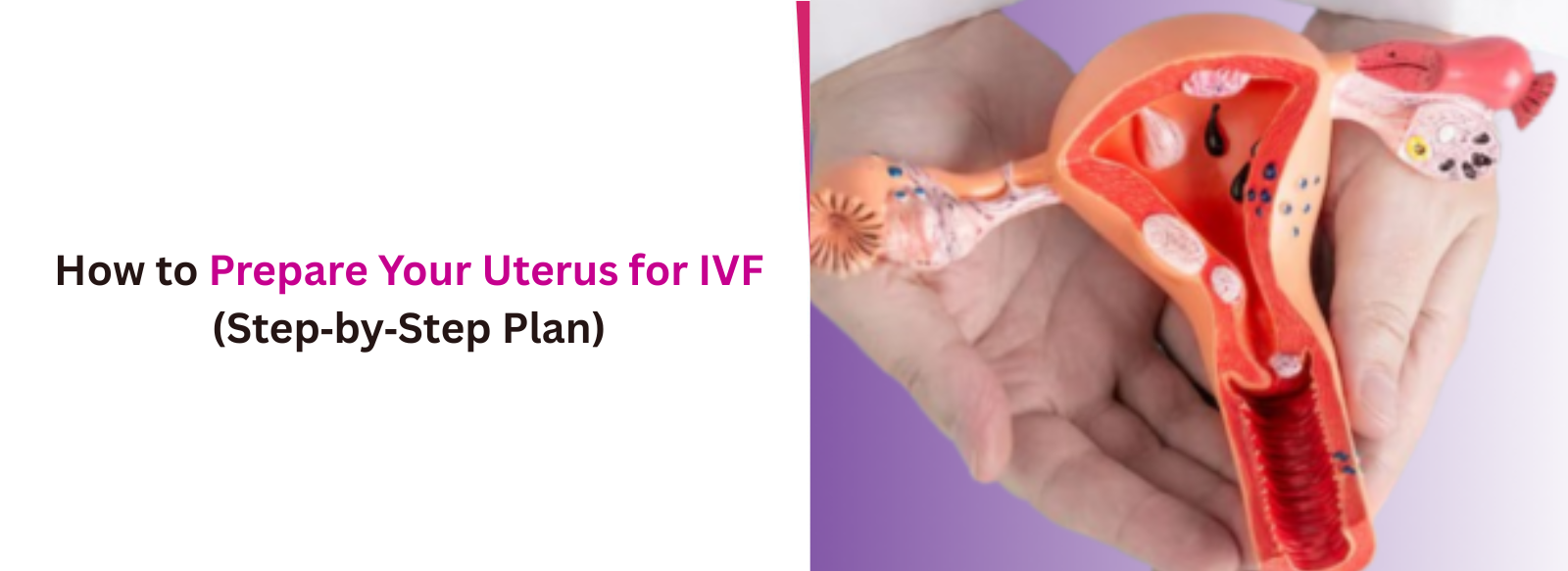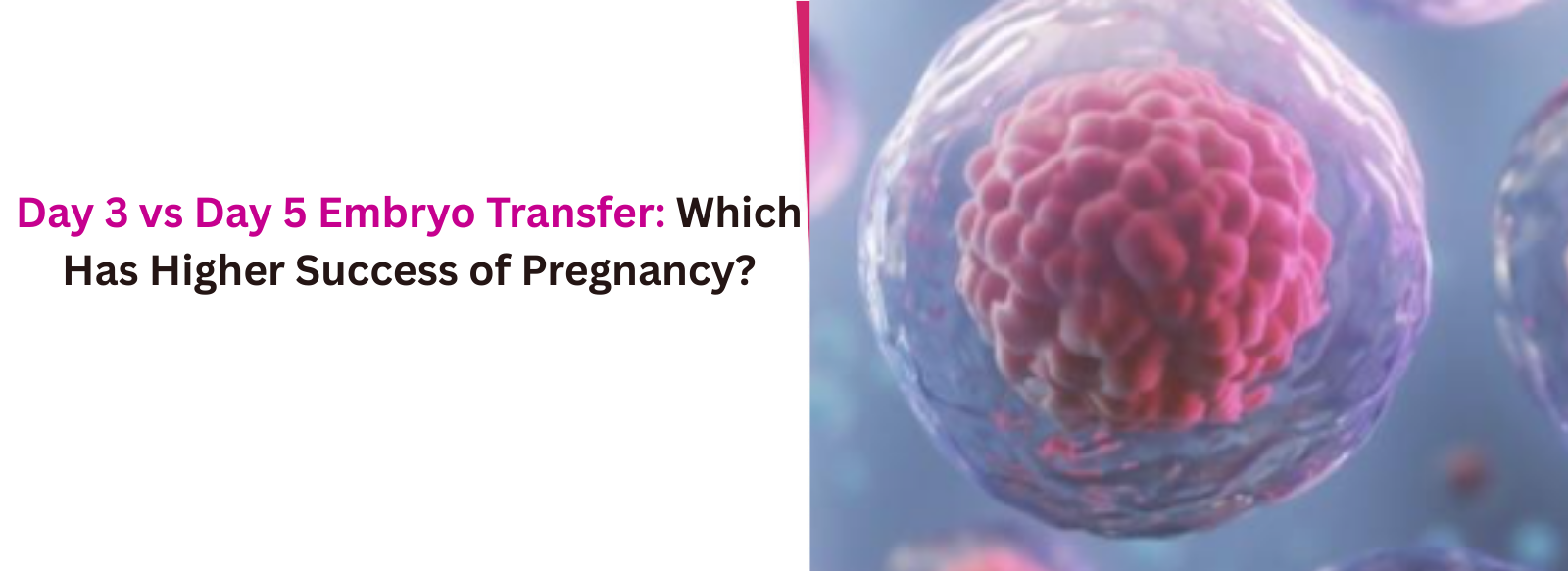- Diabetes
- Infertility
- Acne
- Excessive hair growth
Major causes of PCOS:
PCOS is usually confused with PCOS. PCOS is an endocrine system disorder in which released eggs do not mature and form cysts, whereas PCOS is a hormonal disease in which matured eggs cluster up together and form cysts.There are no specific causes of PCOS, however, the contributing factors include:- Low-grade inflammation
- Excessive insulin
- Presence of male hormones in high quantity
- Genetic issues
- Unhealthy lifestyle
- Early age of menarche
- Pollution
Common signs and symptoms of PCOS:
Some females start experiencing signs or symptoms of PCOS around the time of their first period. The symptoms of this disease may vary. However, the symptoms are generally more severe in patients with obesity.Some of the most common signs and symptoms of PCOS include:- Acne
- Darkening of skin
- Abnormal growth of hair on face and body
- Irregular menstrual cycle
- Polycystic ovaries
- Ovarian cysts
- Skin tags
- Weight gain
- Thinning hair
- Heavy bleeding
- Depression
Possible complications of PCOS:
PCOS can lead to various issues such as difficulty in getting pregnant, increased risk for type 2 diabetes.Females with PCOS who become pregnant are at a higher risk for perinatal complications such as pre-eclampsia and gestational diabetes.Some of the possible complications of PCOS are:- Abnormal uterine bleeding
- Endometrial cancer
- Infertility
- Psychological problems like depression and eating disorders
- Metabolic syndrome
- Miscarriage
- Premature birth
- Non-alcoholic steatohepatitis
- Sleep apnoea
- Possible increased risk of breast cancer
How is PCOS diagnosed?:
The diagnosis of PCOS includes:Physical examination- Pelvic exam to assess the reproductive organs for masses, growths, or other abnormalities
- Blood, glucose tolerance, cholesterol and triglyceride levels, etc.
- Ultrasound: To examine the appearance of your ovaries and the thickness of the lining of your uterus.
- Screening for depression and anxiety
- Screening for obstructive sleep apnoea
Treatments of PCOS:
The treatment is yet to be introduced for PCOS. You can control this disease by making lifestyle changes. A multidisciplinary approach should be taken that involves the dietitian, gynecologist, endocrinologist, dermatologist, and infertility specialist. The best method to control and manage this disease is by ensuring proper weight management. Even a 5% reduction in weight can help a lot in reducing the effects of the disease.Physical activity and a healthy diet are therefore important to PCOS patients. The diet should be low in carbohydrates and sugars. High protein and high fiber intake is a must for patients suffering from PCOS.The rest of the treatment procedures can be performed based on the signs or symptoms. Here are the different modalities:- Medications are available to treat insulin resistance and balance hormones to make menstrual cycles regular.
- Skin treatments are available for acne, pigmentation, and hair growth.
- Fertility medications are administered for infertile females.
- Oral medications and injections are available for ovulation induction and to rupture eggs for enhancing fertility.
- Some patients may require aromatase inhibitors, laparoscopic surgery, or ovarian drilling.Usually, PCOS is treated aggressively in patients who want to conceive.
- Achieving a healthy weight before getting pregnant
- Achieving normal blood sugar levels before and during pregnancy
- Normal level of iron stores
- Weight management
- Medications as advised by the gynecologist
- In Vitro Fertilization (IVF)
- Surgery
PCOS and Pregnancy:
Having a pregnancy is not a problem if PCOS is under control. However, severe conditions would require medicines or Assisted Reproductive Technology (ART).It is also to be noted that females with PCOS have a limited ovarian capacity in order to produce mature eggs. Thus, these females are advised to opt for an early pregnancy if they want babies as advancing age damages the quality of the eggs adversely.It is always good to consult an infertility specialist to discuss the signs or symptoms. The specialist may order some tests like the PCOS Panel test to examine the condition and lay out the treatment plan.Why choose Vardaan Medical Center?:
We at Vardaan Medical Center have an experienced team of gynecologists and infertility specialists. We help the patient by prescribing the best medications and providing suggestions for a healthy diet, exercises, periodical recheck up and moral support to keep the signs of PCOS under control.Frequently Asked Question:1. How can I increase my fertility with PCOS?
If you've been diagnosed with PCOS, you may know that getting pregnant can take longer than usual. To improve your fertility, try the following tips:
Follow an anti-inflammatory diet
Reduce stress through relaxation or therapy
Track your menstrual cycle carefully
Use ovulation test strips to confirm ovulation
Address and manage insulin resistance, if present
These lifestyle changes can support hormone balance and improve your chances of natural conception or IVF success.
2. What are the 4 types of PCOS?
PCOS is not the same for everyone. There are four major types:
Insulin-Resistant PCOS
Post-Pill PCOS (occurs after stopping birth control pills)
Inflammatory PCOS (linked to chronic inflammation)
Adrenal PCOS (linked to stress hormones like DHEA)
Each type requires a tailored approach for management and fertility support.
3. What is the best age to get pregnant with PCOS?
The ideal age range to get pregnant with PCOS is between 25 to 37 years. Women with PCOS between 22 and 41 have shown stable egg (oocyte) counts and positive birth outcomes. Fertility tends to remain stable for a longer period in PCOS cases, especially when managed well.

